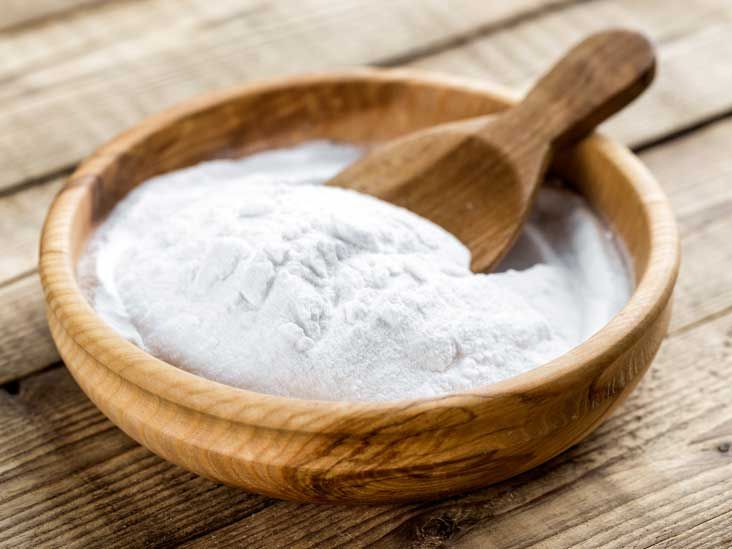Dogs are naturally clean animals, but just like humans, they can sometimes develop unpleasant odors, particularly in their genital area. One of the causes of bad odor in a dog’s genital area is the accumulation of smegma, a substance produced by the sebaceous glands. In this article, we will explore the reasons for the bad odor in a dog’s smegma and provide tips on how to prevent it.
Table of Contents
Causes of Bad Odor in Dog’s Smegma
Smegma is a combination of shed skin cells, oils, and moisture that can accumulate in folds of skin, including the genital area of dogs. When smegma accumulates, it can become a breeding ground for bacteria and yeast, leading to a foul odor. There are several factors that can contribute to the development of bad odor in a dog’s smegma:
Poor Hygiene
If a dog is not regularly bathed and groomed, smegma can build up in the genital area, leading to a foul odor. Female dogs are particularly prone to this issue due to their anatomy, but male dogs can also experience smegma accumulation if not properly cared for.
Skin Infections
Dogs with skin infections, such as dermatitis or allergies, may be more prone to smegma accumulation and the accompanying bad odor. These conditions can cause increased moisture and inflammation in the genital area, creating an ideal environment for smegma to accumulate and bacteria to thrive.
Diet
A dog’s diet can also play a significant role in the development of bad odor in their smegma. A poor diet can lead to changes in the pH balance of the skin, making it more susceptible to bacterial overgrowth and odor. Additionally, certain food allergies can lead to increased skin irritation, further contributing to the problem.
Preventing Bad Odor in Dog’s Smegma
Preventing bad odor in a dog’s smegma involves a combination of regular grooming, proper hygiene practices, and a healthy diet. Here are some tips to help prevent the buildup of smegma and the accompanying odor:
Regular Bathing
Regular bathing is essential for maintaining proper hygiene and preventing the accumulation of smegma. Use a gentle, dog-safe shampoo to clean the genital area, paying close attention to any folds or creases where smegma can accumulate. Be sure to thoroughly dry the area after bathing to prevent the buildup of moisture.
Grooming
In addition to bathing, regular grooming is important for preventing smegma buildup. Keep the hair around the genital area trimmed short to reduce the likelihood of smegma accumulation. For female dogs, keeping the area around the vulva clean and free of excess hair can help prevent the buildup of smegma.
Dietary Considerations
Ensure your dog is receiving a balanced and nutritious diet to support overall skin health. Consider incorporating omega-3 fatty acids into their diet to help maintain healthy skin and reduce inflammation. If your dog has food allergies, work with your veterinarian to identify and eliminate any potential triggers.
Veterinary Care
If your dog is experiencing persistent bad odor in their smegma, it’s important to seek veterinary care. Your veterinarian can help identify any underlying skin conditions or infections that may be contributing to the problem and recommend appropriate treatment options.
Conclusion
Understanding the causes of bad odor in a dog’s smegma and how to prevent it is crucial for maintaining their overall health and well-being. By implementing regular grooming, proper hygiene practices, and a healthy diet, you can help prevent the buildup of smegma and the accompanying unpleasant odor. In cases where the odor persists despite these preventive measures, seeking veterinary care is essential to address any underlying skin conditions or infections.
FAQs
1. How often should I bathe my dog to prevent smegma buildup?
The frequency of bathing your dog will depend on their breed, coat type, and activity level. In general, most dogs benefit from being bathed every 4-6 weeks, but more frequent bathing may be necessary for dogs prone to smegma buildup or skin issues.
2. Can smegma buildup be a sign of an underlying health issue?
While smegma buildup itself is not necessarily indicative of a serious health issue, persistent odor or irritation in the genital area may be a sign of an underlying skin condition or infection. It’s important to consult with your veterinarian if you have concerns about your dog’s smegma and overall skin health.
3. Are there specific breeds more prone to smegma buildup and bad odor?
While any dog can experience smegma buildup and bad odor, breeds with skin folds, such as Bulldogs and Pugs, may be more prone to this issue. Additionally, female dogs may be more susceptible to smegma accumulation due to their anatomy.





